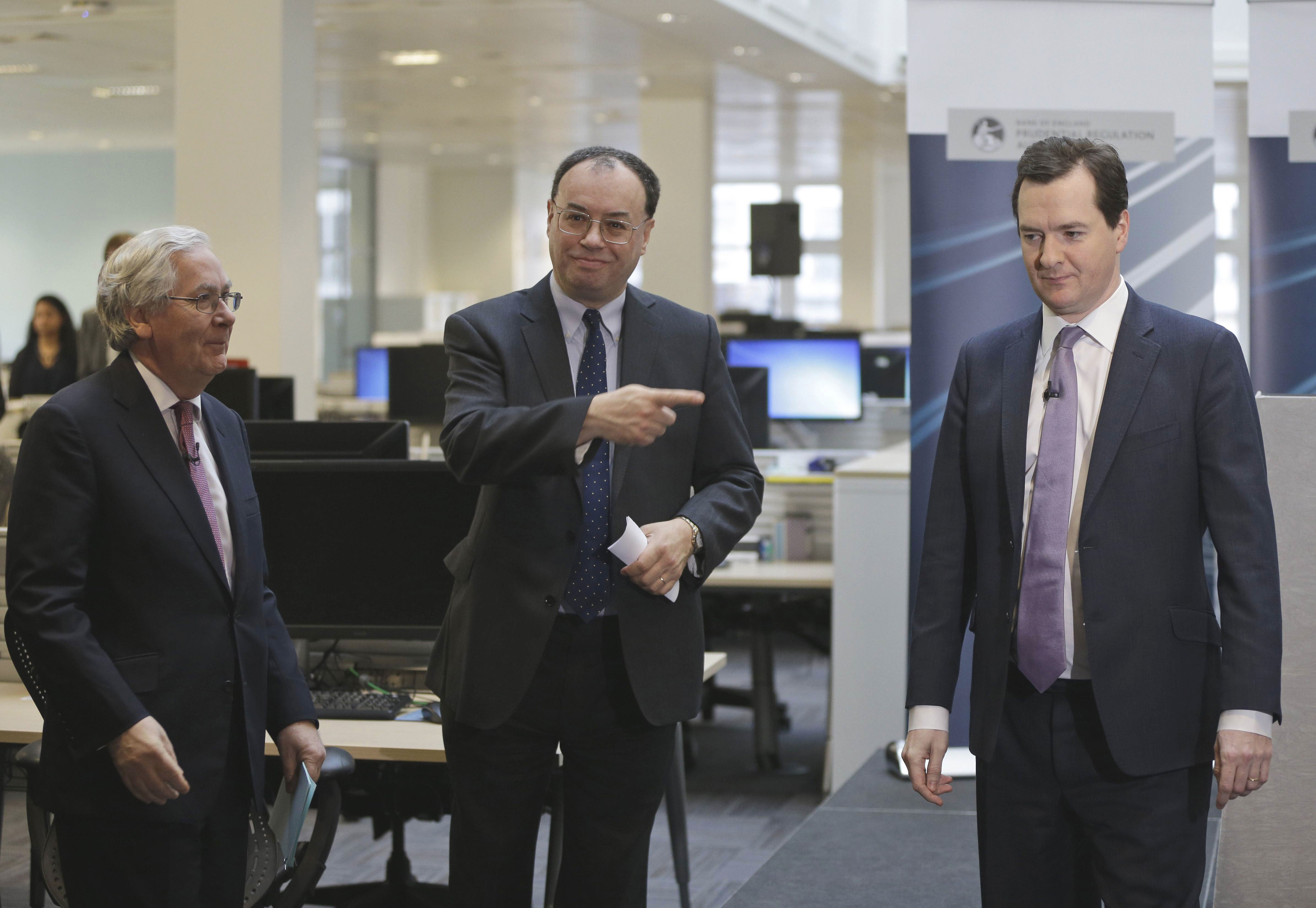It is the end of an era on Threadneedle Street, the narrow street in the City of London from which the Bank of England has for centuries lorded over the British economy. When the bank's Monetary Policy Committee announced no change to its policies Thursday morning, it marked the end of a remarkable run for the most consequential shaper of Britain's economic policy of the last generation, Sir Mervyn King.
His decade as governor of the bank will conclude June 30. So what is the legacy of this particular king?
First things first. He is an honorable public servant who has worked tirelessly for more than two decades at the bank, applying a keen intellect to the problems facing the United Kingdom and the world economies. When he became the bank's chief economist in 1991, its credibility was in tatters, and King — first as chief economist, then deputy governor, then governor — built it into a modern, credible, cutting-edge central bank.



